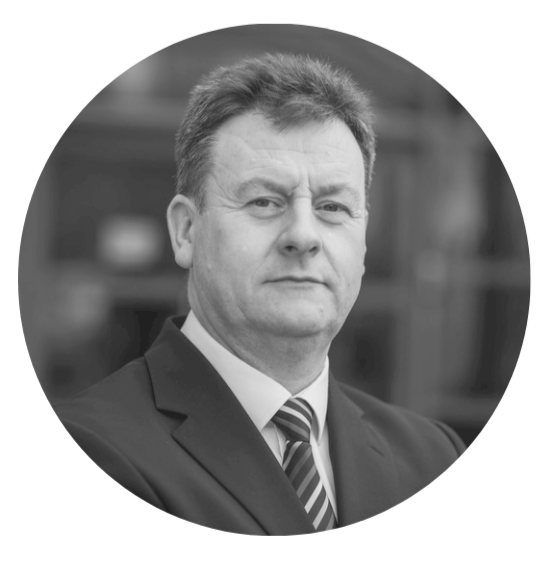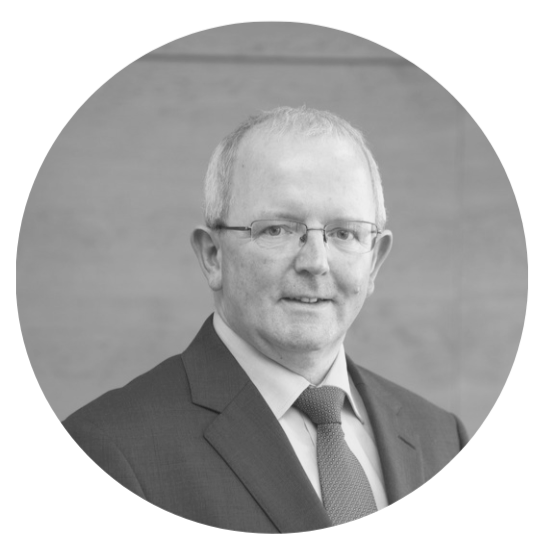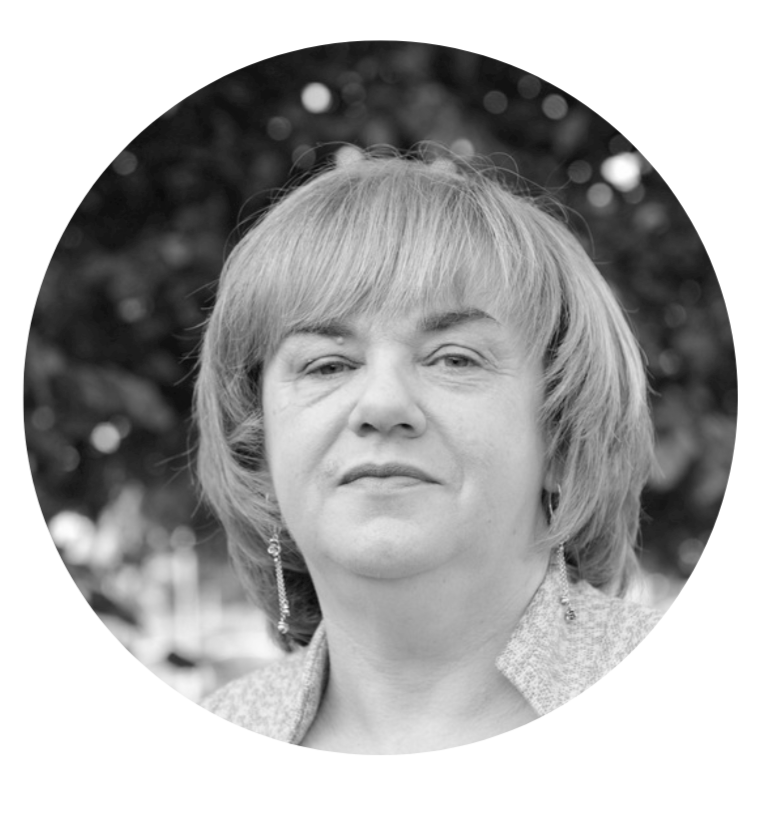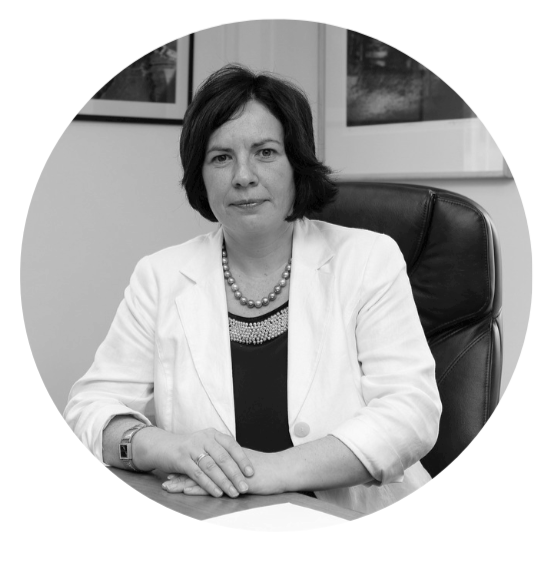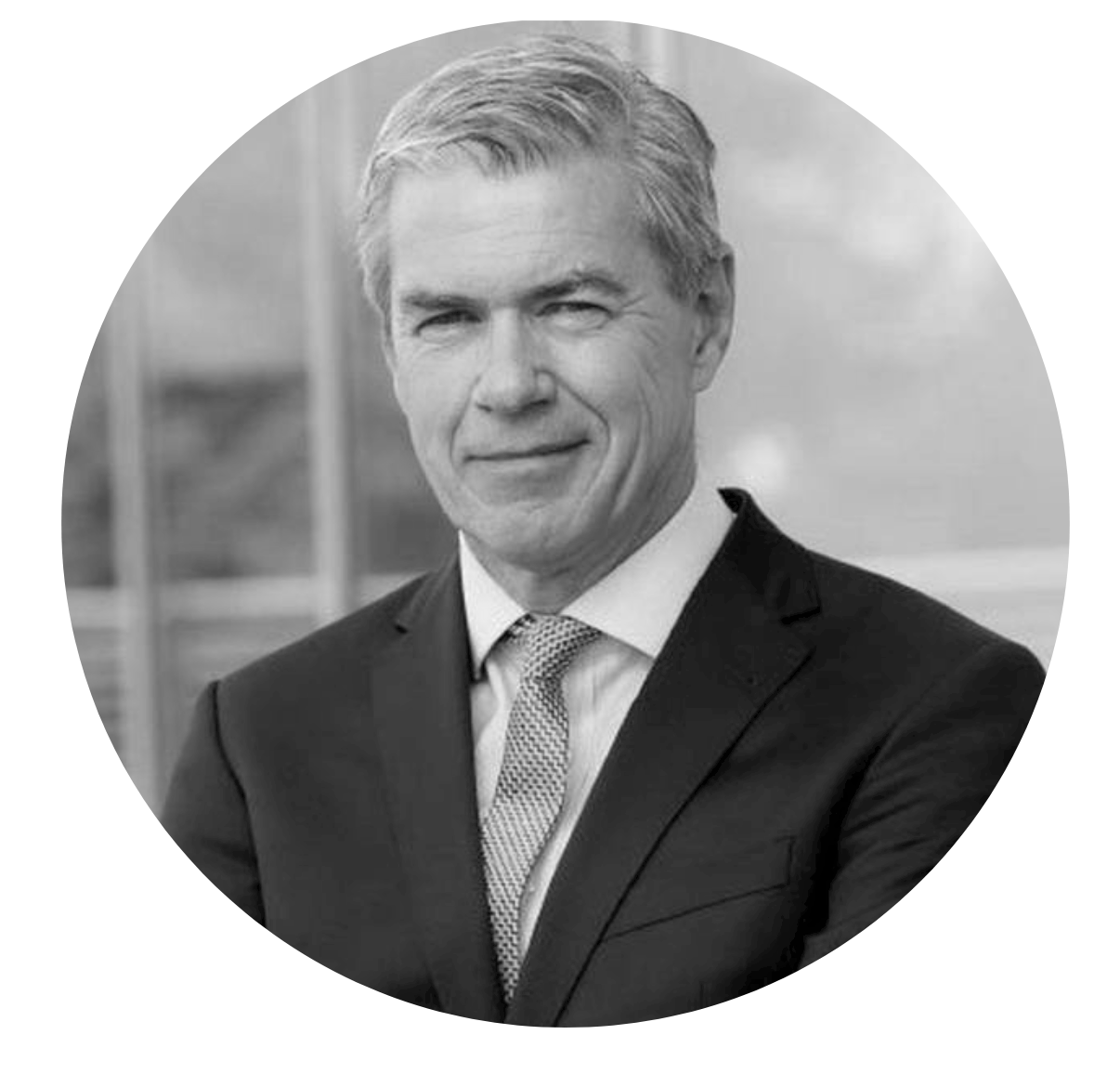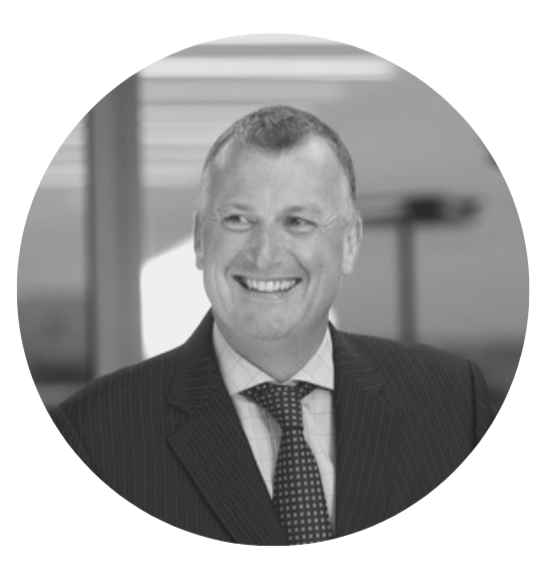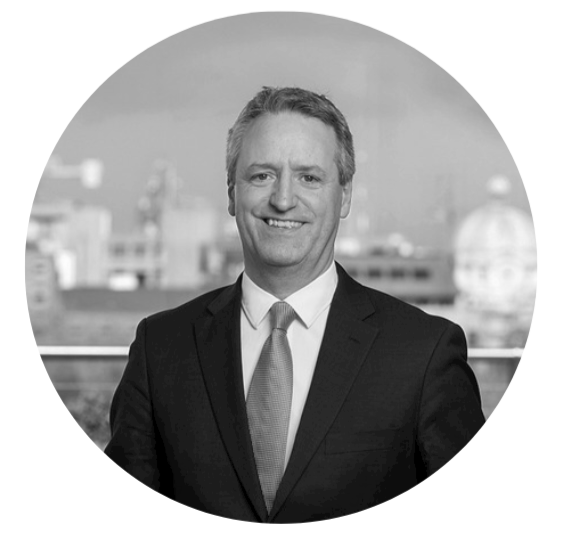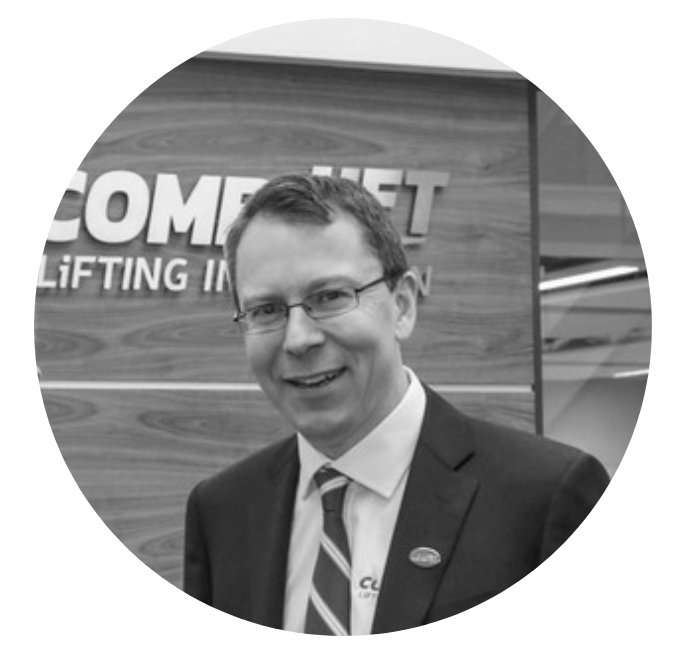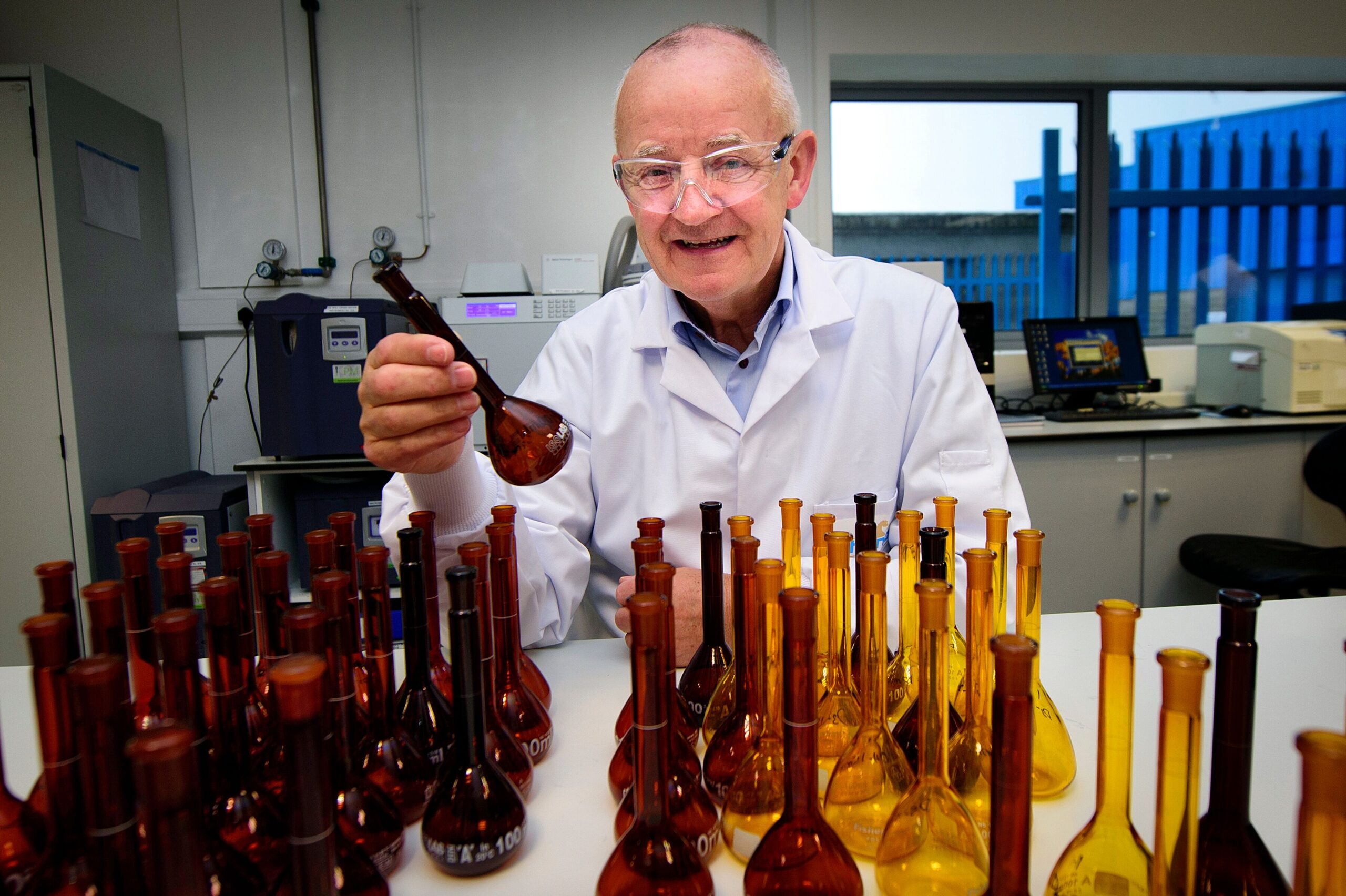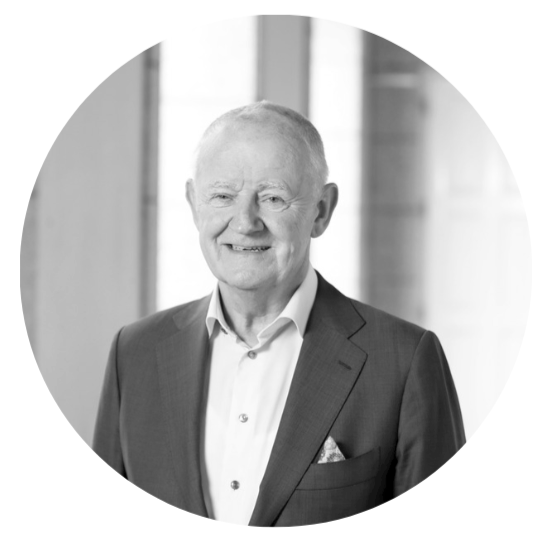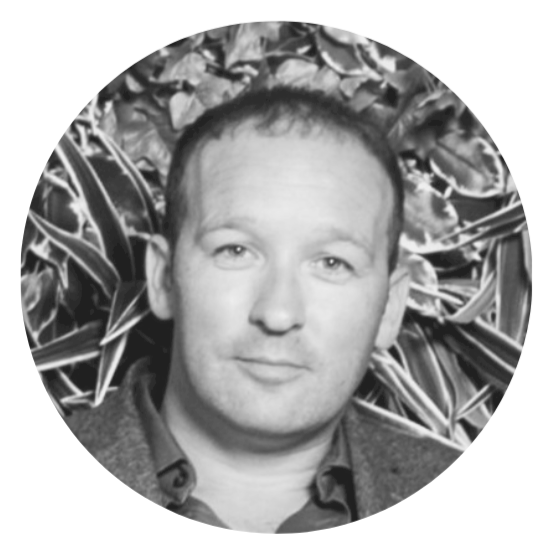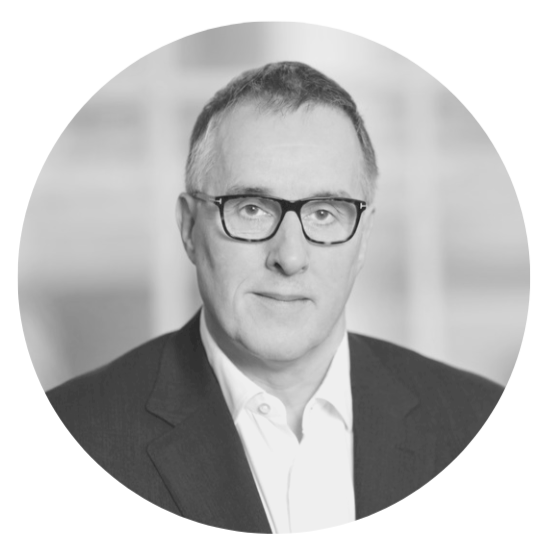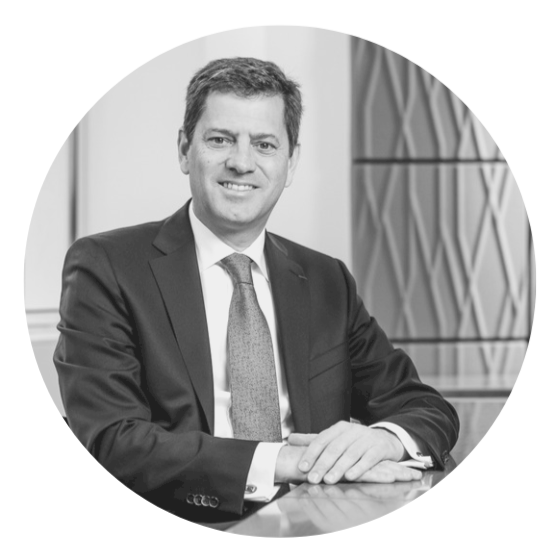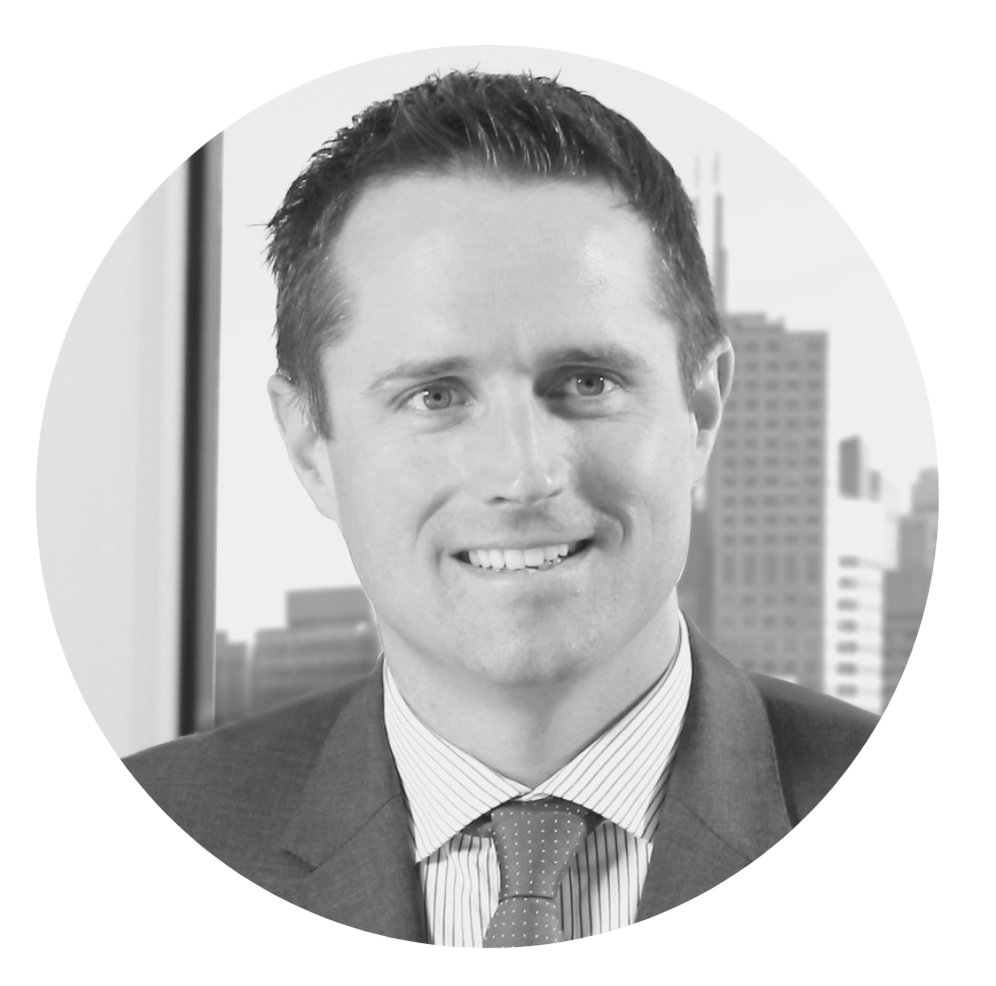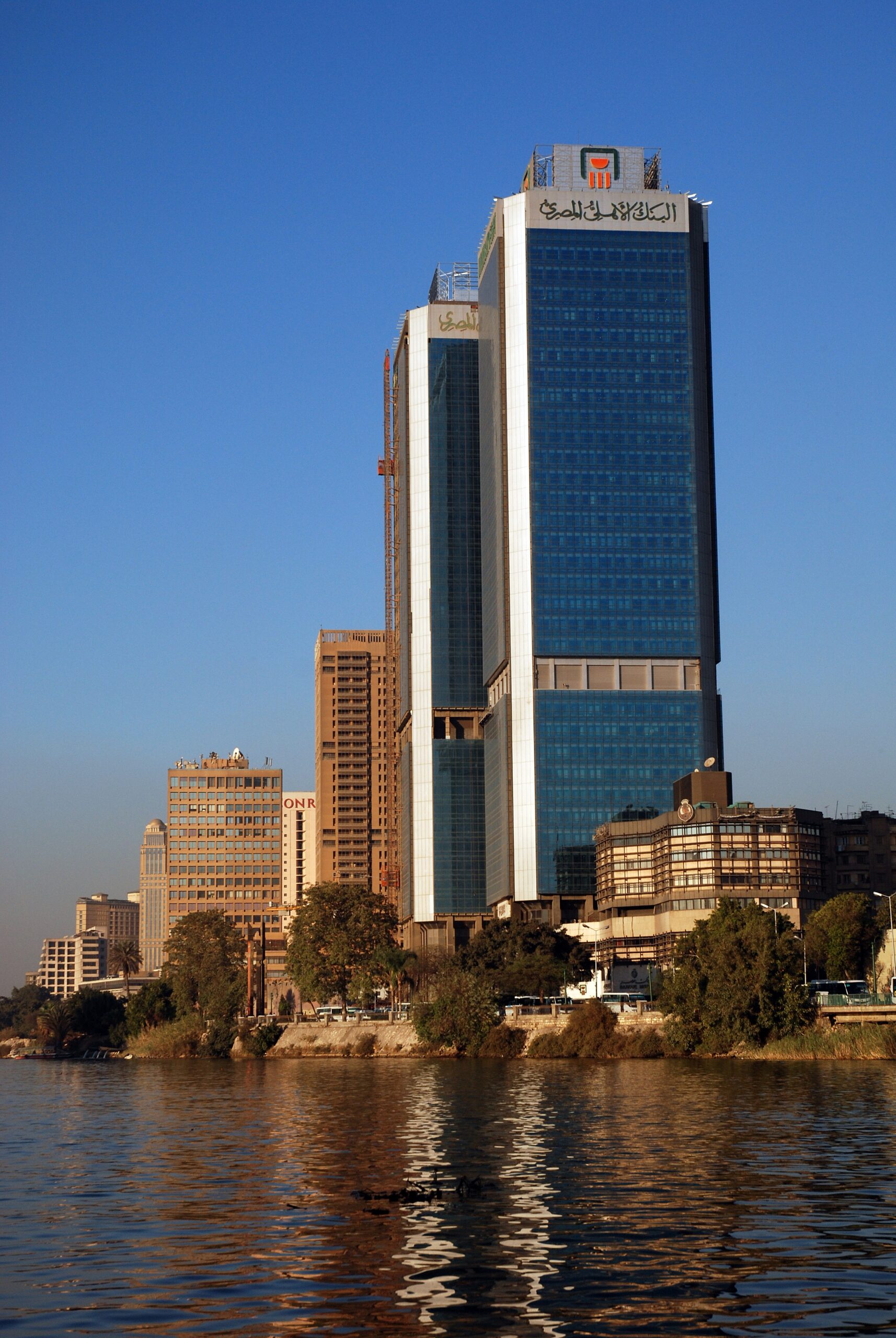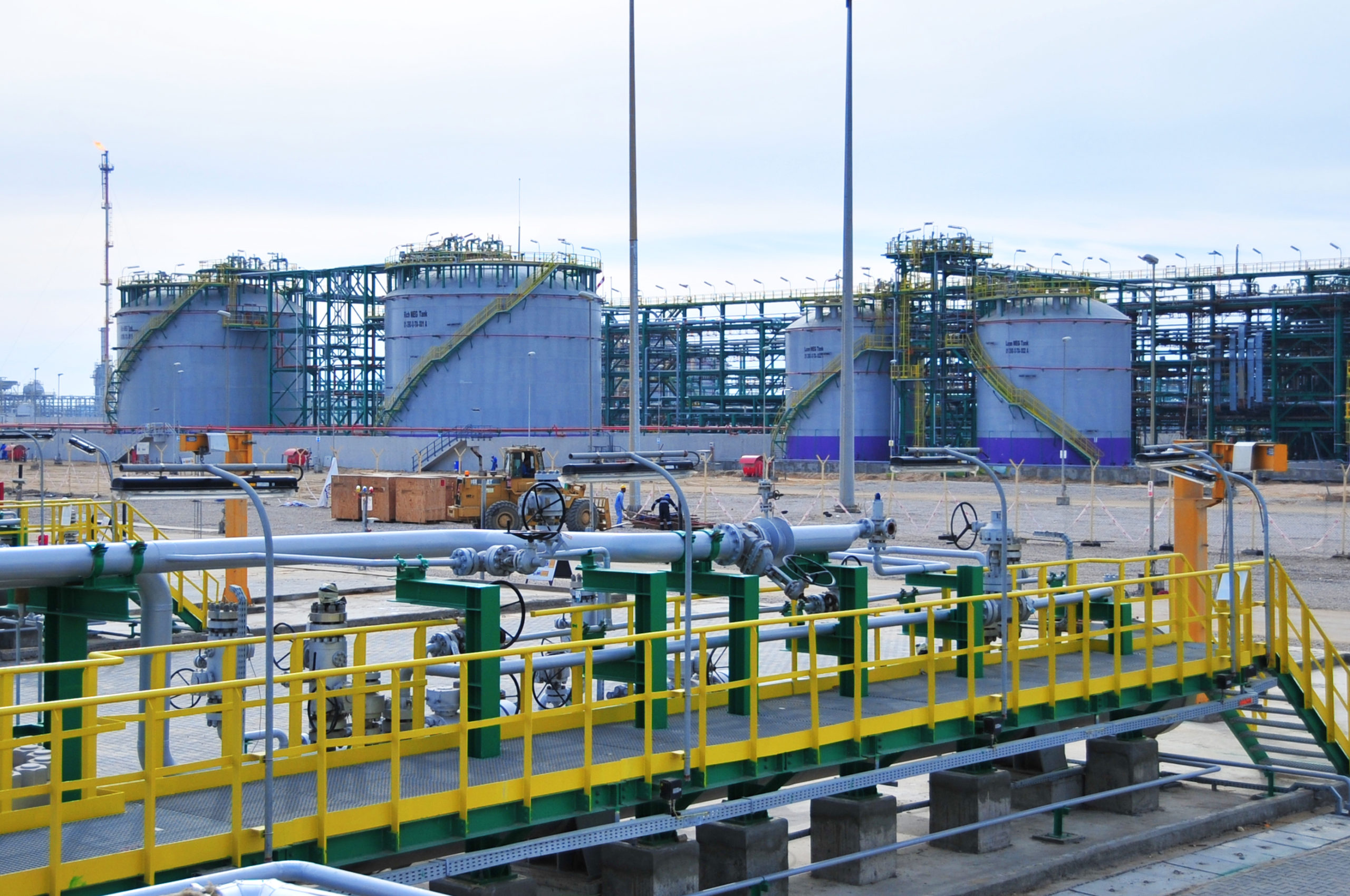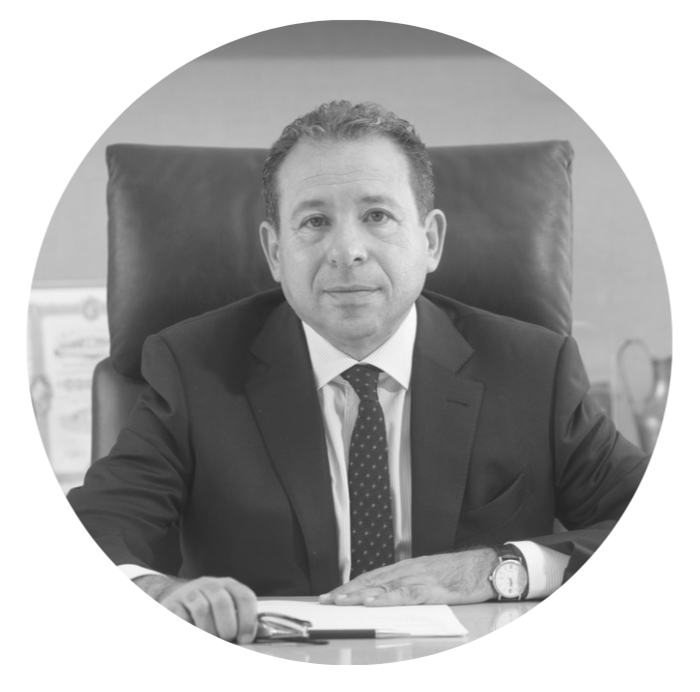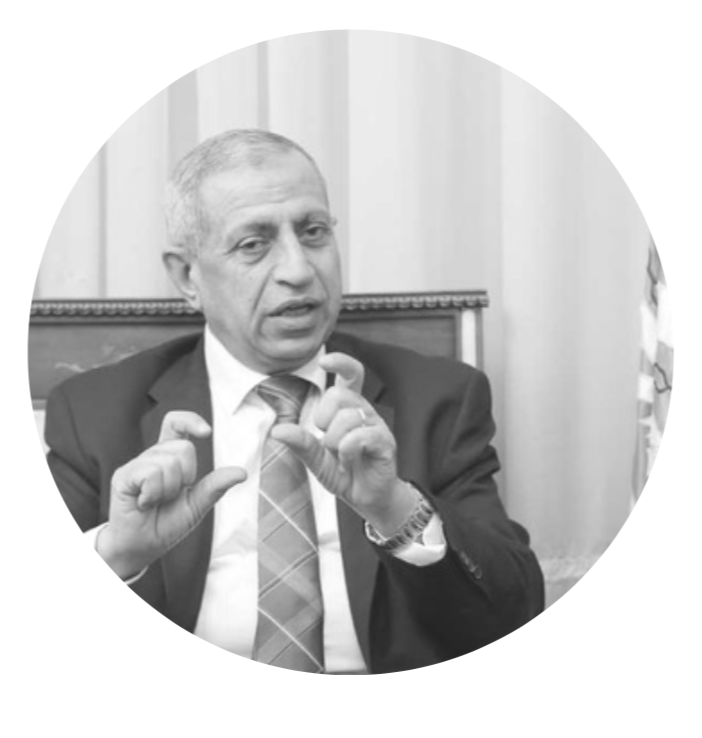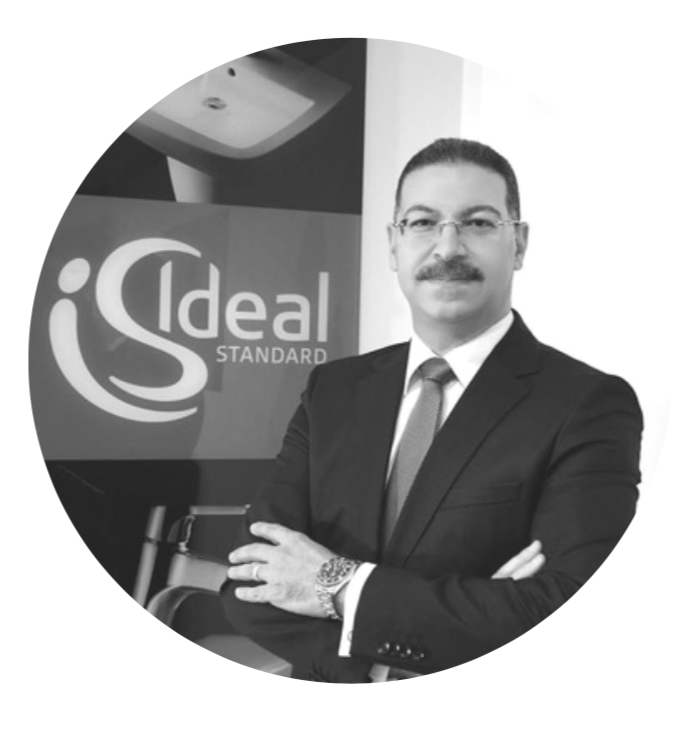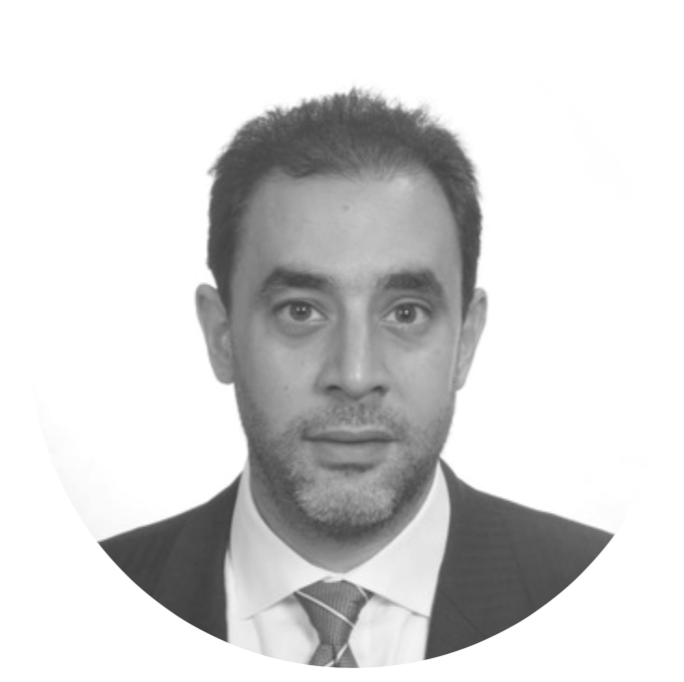
January 23, 2020
A conversation with CEO of The Adecco Group, Alain Dehaze, who promises to continue to make the future work for everyone.
Switzerland is home to a unique labor market that has gained a world renowned reputation for excellence, innovation, and continues to surprise with its qualified youth. How has Switzerland fostered such an active youth labor market?
Switzerland possesses exceptionally low youth unemployment levels, and this is much in part due to our apprenticeship model. Both Germany and Switzerland utilize this model, and have been able to achieve a youth unemployment level that is equal to the national unemployment level of 4.6%. While the USA has a national unemployment rate of around 3.6%, youth unemployment hovers much higher at almost 9%. The USA is Adecco’s second-largest market, representing 20% of our turnover after France, which represents 23%. Encouraged by the success of the model in Switzerland, we are actively working to replicate this model in the USA. This is one of our top priorities for the USA market.
How important has the apprenticeship system been in ensuring low youth unemployment rates?
The apprenticeship model has been the main factor in securing low youth unemployment rates. It provides a matching between the skills needed within corporations and the skills provided by the educational system. This preparation ensures new graduates are almost guaranteed a job is waiting for them upon completion.
Apprenticeships combine learning valuable practical experiences utilizing an array of skills while following different career paths. An ideal example of a successful former apprentice is Mr. Sergio Ermotti, who is now the CEO of UBS. Mr. Ermotti pursued his dream of becoming a professional soccer player at the age of 15, while still training in finance. This early dual approach gave him the necessary skills later in life to succeed in a traditional office environment, which he initially was not interested in. The apprenticeship system creates a dual educational system, allowing for the labor market’s needs to be adequately met. This dual system produces the workforce necessary for businesses, and the result is a relatively low national youth unemployment rate. It allows permanent matching for the skills needed for the workforce.

The future of work is already here. At a time the world faces a transformative phase, it is crucial to look at human capital and how individuals adapt to systemic shifts. What is your vision for the labor market’s educational needs?
Lifelong learning is the new normal. With new technologies, 40% of employees’ skills become obsolete every three years. People need to permanently catch up. This is why it is essential to foster an environment where employees actively reeducate.
To promote lifelong learning, Switzerland has created an education system that is easy to reintegrate and return to in order to learn new competences. The challenge is who should pay for the re-skilling of an employee: the employee or the employer? My proposal is that the re-skilling should be funded through a portable personal account system, such as those already utilized in France and Singapore.
Both the employee and the employer should contribute to an account where the employee can tap into in the future. This would allow individuals to ensure they remain attractive and up-to-date with the skills required within the workplace, at any moment in time.
Re-skilling simply makes financial sense. Managers must remember it is cheaper to re-skill an employee than it is to lay off and hire a new individual. In addition, layoffs are disruptive socially, and current employees typically already fit within the company culture. The availability of adequate talent is a critical component to a company’s success. Companies are willing to travel, and even relocate to find the right talent for their business. Switzerland’s phenomenal talent pool and efficiency is well known, which will continue to foster Switzerland as an attractive business destination.

